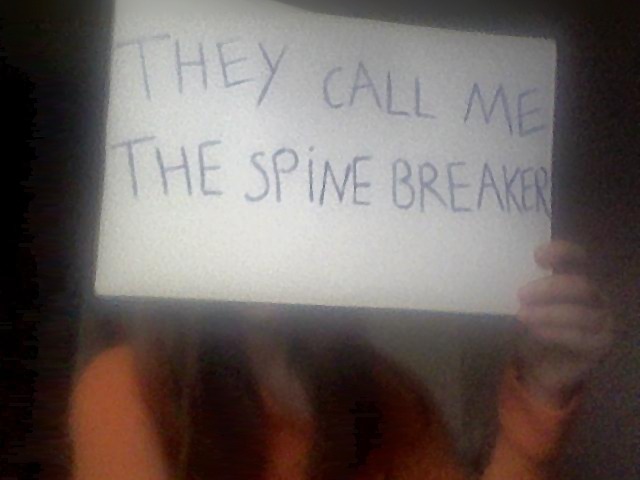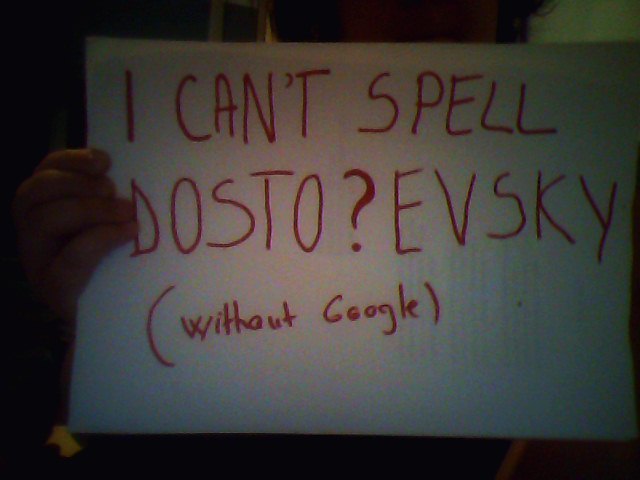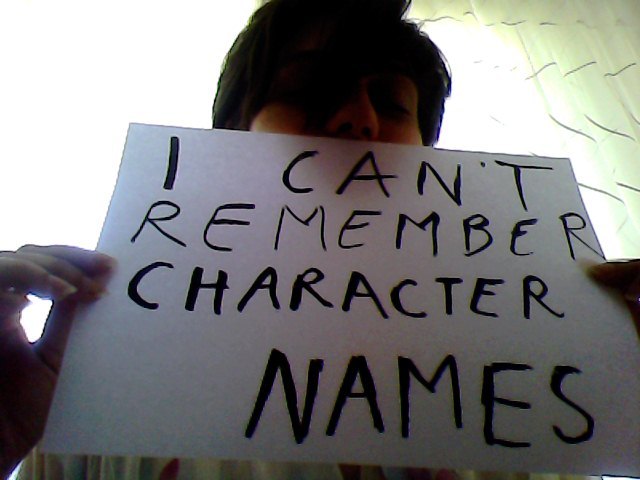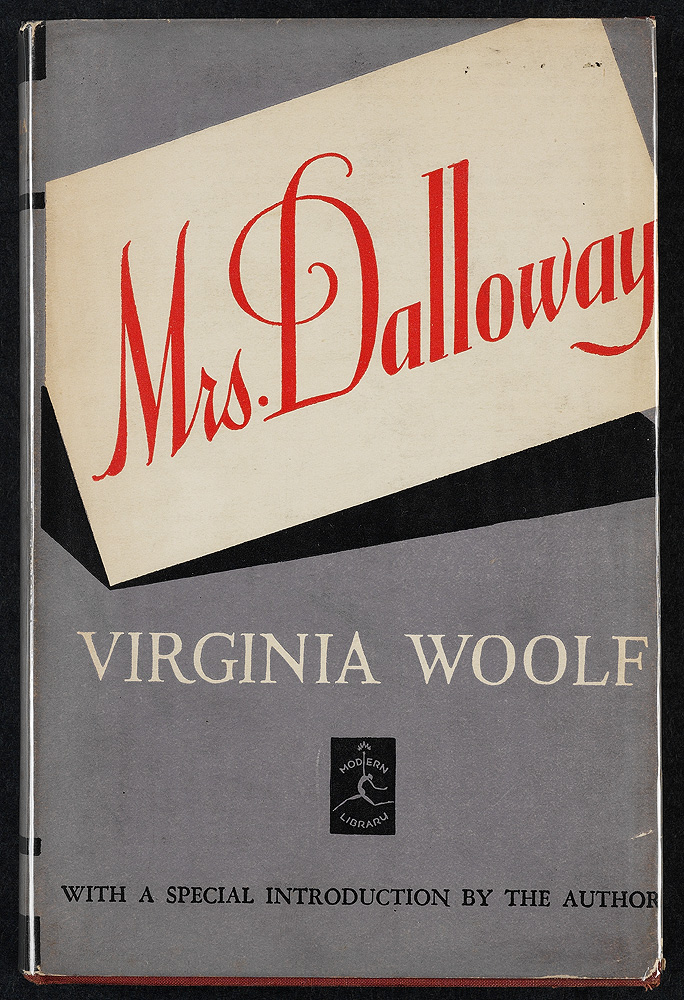
At the end of this month I'll have to decide what I want to study for the next 2 years, possibly 5, possibly my whole life. I don't want to do it. I can't properly explain how much I don't want to do it. So instead of agonizing over choices and all the ways in which they could go wrong, I have decided to do something fun, something to take my mind off things and give me the illusion of a purpose. I am reading Henry James from beginning to end.
Below is a list of his works that I put together from the Blackwell Companion. I will check it against
this list as well. There are some differences, most of them coming from the fact that my list has the works in the order they came out, regardless of whether they were published in a newspaper or in book form, but if there are stories I missed I will add them. I will be reading through this list and updating as I go. I already read most of the novels, but rereading is always a joy. It might take me a long time to reach the end, but I hope to stick to it.
I guess there's more to this than sheer escapism too. I love the internet, but sometimes I feel that it's pulling me in a hundred directions at once and throwing bits of knowledge at me faster than I can digest them. (It is also the only thing that makes this project possible, so don't think I'm bashing it.) I want to read something methodically and really get to know it. So James it is.
The List
1866 - A Landscape Painter, A Day of Days
1867 - Poor Richard
1868 - The Story of a Masterpiece, The Romance of Certain Old Clothes
1869 - Gabrielle de Bergerac
1870 - Travelling Companions
1871 - Watch and Ward, A Passionate Pilgrim, Master Eustace
1873 - The Madonna of the Future, The Sweetheart of M. Briseux
1874 - The Last of the Valerii, Mme de Mauves, Eugene Pickering
1875 - Roderick Hudson, A Passionate Pilgrim and Other Tales, Transatlantic Sketches
1876 - The American
1877 - Four Meetings
1878 - French Poets and Novelists, Daisy Miller, An International Episode, The Europeans, Longstaff's Marriage
1879 - The Pension Beaurepas, Confidence, A Bundle of Letters, Hawthorne
1880 - Washington Square, The Portrait of a Lady
1882 - The Point of View
1883 - The Siege of London; Daisy Miller: A Comedy, Portraits of Places
1884
- A Little Tour in France, Lady Barbarina, Pandora, The Author of
'Beltraffio', Georgina's Reasons, A New England Winter, The Art of
Fiction
1885 - The Bostonians, Princess Casamassima
1888 -
The Aspern Papers, Louisa Pallant, The Reverbator, The Liar, The Modern
Warning, A London Life, The Lesson of the Master, The Patagonia, Partial
Portraits
1889 - The Tragic Muse
1891 - The Pupil, Brooksmith, The Marriages, The Chaperon, Sir Edmund Orme, The American: A Comedy in Four Acts
1892 - The Real Thing, The Private Life, Lord Beaupre, Greville Fane, Owen Wingrave
1893 - The Middle Years, Pictures and Text, Essays in London and Elsewhere
1894 - The Death of the Lion, Cotton Fund, Theatricals: Two Comedies, Theatricals: Second Series
1895 - The Next Time, The Altar of the Dead, Guy Domville
1896 - The Figure in the Carpet, Glasses, The Old Things (The Spoils of Poynton), The Way It Came, The Other House
1897 - What Maisie Knew
1898 - The Turn of the Screw, The Awkward Age, In the Cage, The Covering End
1899 - Europe, The Real Right Thing, Paste
1900
- The Great Good Place, Miss Gunton of Poughkeepsie, The Tree of
Knowledge, The Abasement of the Northmores, Maud-Evelyn, The Faces,
Broken Wings
1901 - The Beldonald Holbein, Mrs. Medwin, The Sacred Fount,
1902 - The Wings of the Dove, Flickerbridge, The Story in It
1903 - The Ambassadors, The Beast in the Jungle, The Birthplace, William Wetmore Story and His Friends
1904 - The Golden Bowl, Fordham Castle,
1905 - The Question of Our Speech, The Lesson of Balzac, English Hours
1906 - The Speech of American Women
1907 - The American Scene
1908 - Julia Bride, The Jolly Corner
1909 - Italian Hours, The Velvet Glove, Mora Montravers, Crapy Cornelia, The Bench of Desolation
1910 - Is There a Life after Death, A Round of Visits
1911 - The Outcry
1912 - The Novel in ‘The Ring and the Book’
1913 - A Small Boy and Others
1914 - Notes of a Son and Brother, Notes on Novelists
1915 - The Mind of England at War
1916 - Ivory Tower, The Sense of the Past
1919 - Within the Rim and Other Essays

































